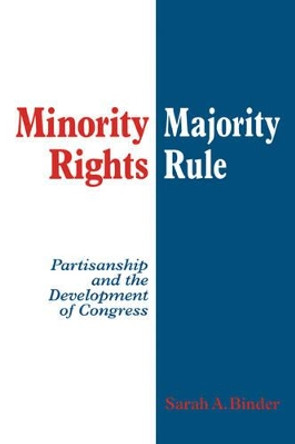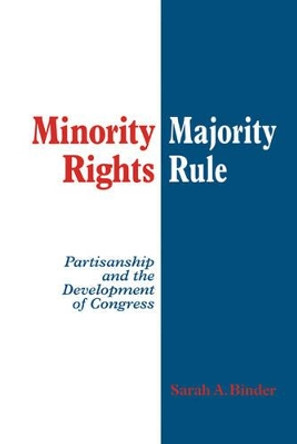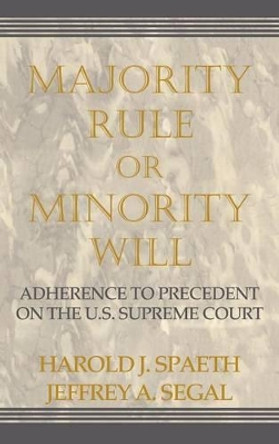Minority governments in parliamentary democracies are conventionally considered to be unstable and ineffective aberrations from the principle of majority rule. Through analysis of over 350 postwar governments, the author shows that minority governments are neither exceptional nor unstable but in fact a common feature of parliamentary democracies and frequently perform as well as, or better than, majority coalitions. Using the Italian and Norwegian governments as case studies, he suggests that minority governments are particularly likely to form when parties anticipate competitive elections and when opposition parties are able to influence legislative decisions. As an attempt to document and explain a very common form of government in parliamentary democracies, this book will contribute significantly to the understanding of the importance of electoral competition in democratic politics.
Examines minority governments to show they are not exceptional or unstable.ReviewsReview of the hardback: 'This is an innovative and stimulating book that greatly strengthens our understanding of how cabinet coalitions are formed - one of the most important questions in the comparative study of democratic systems.' Arend Lijphart, University of California, San Diego
Book InformationISBN 9780521374316
Author Kaare StromFormat Hardback
Page Count 304
Imprint Cambridge University PressPublisher Cambridge University Press
Weight(grams) 480g
Dimensions(mm) 216mm * 138mm * 31mm







